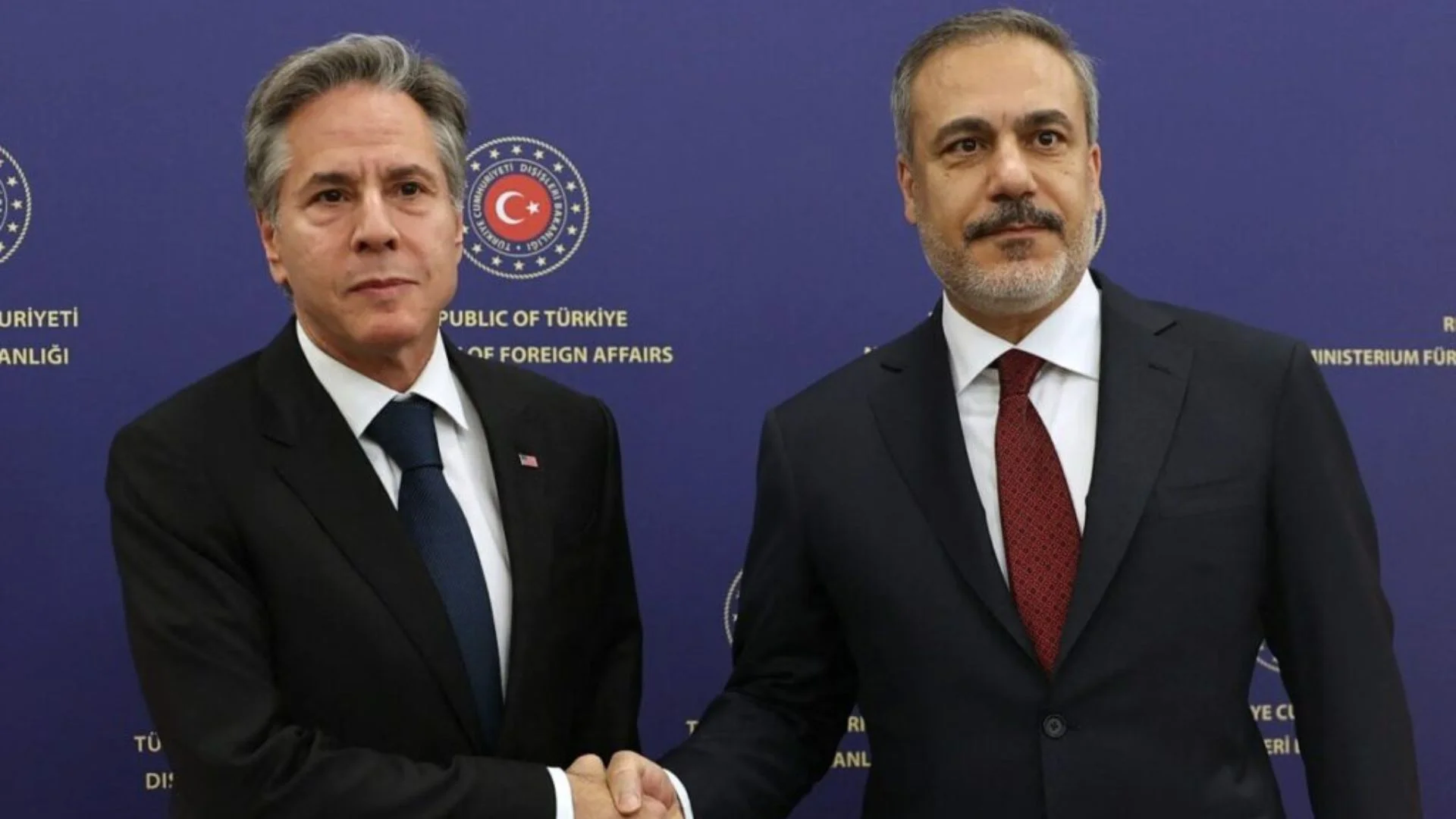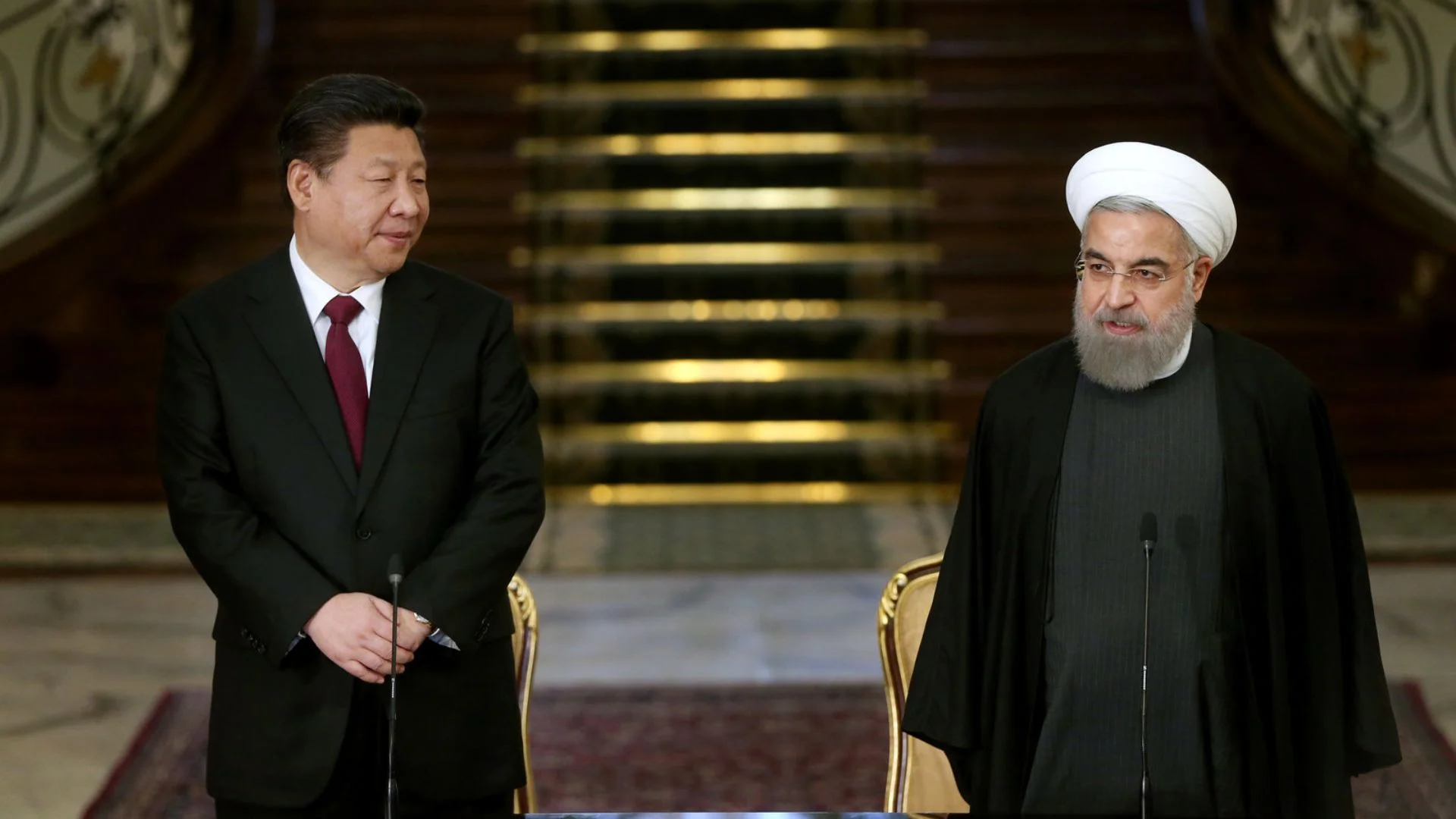Israel’s security cabinet has approved a ceasefire agreement with Hezbollah, mediated by the United States and France. Prime Minister Benjamin Netanyahu presented the deal late Tuesday, and U.S. President Joe Biden welcomed the development as a positive step for regional stability. Biden also confirmed that both Israel and Lebanon have agreed to the proposal, which aims to halt the conflict between Israel and Hezbollah.
Key Updates on the Ceasefire:
- The ceasefire, brokered by the U.S. and France, is set to begin at 4 a.m. local time Wednesday (7:30 a.m. IST). President Biden called it “good news,” while he and French President Emmanuel Macron emphasized the importance of restoring peace.
- Hezbollah has agreed to the truce but has expressed concerns over the final agreement. According to Mahmoud Qamati, deputy chair of Hezbollah’s political council, the group will review the terms to ensure consistency with Lebanese officials’ communications.
- Just hours before the truce, Israel launched some of its heaviest strikes on Beirut and southern Lebanon, killing at least 42 people. Residents in central Beirut and the southern suburbs were urged to evacuate as strikes intensified.
- While this ceasefire could reduce the risk of a broader war involving Iran—Hezbollah’s backer—it does not address the ongoing conflict in Gaza. Hostages held by Hamas remain a critical unresolved issue.
- President Biden stressed that while the agreement seeks permanence, Israel reserves the right to respond to any violations. Netanyahu echoed this, warning of strong action against breaches.
- The truce also brought some relief to global oil markets, with Brent crude stabilizing around $73 a barrel after fluctuating due to the conflict.
The agreement represents a major diplomatic effort, though the situation in Gaza continues to pose significant challenges to broader peace in the region.





















